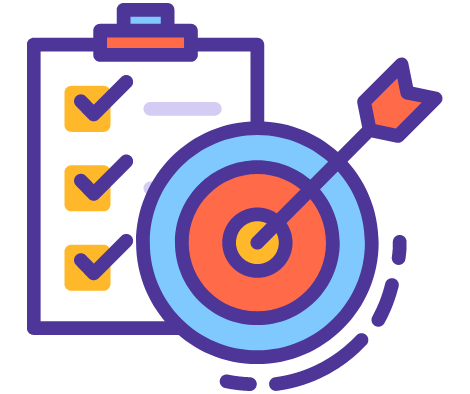There is a chance that one day you find yourself interviewing for a very large company – the type of company that, when you go to their website, overwhelms you with the amount and diversity of their various business units. Perhaps the classic example of such a company is General Electric. Though maybe a fraction of what they once were, under Jack Welch they had businesses in lighting, appliances, power, aviation, finance, insurance, medical equipment, media, rail, security, to name but a few. Or how about a company like Johnson & Johnson which actually has over 200 separate operating companies? It makes you wonder, how one person can lead such a broad enterprise. That also raises the question of how to best prepare for an interview with such a large organization. The classic mistake made by people interviewing with a large company is allowing the enormity of the company to let them lose their focus during the interview. For example, if you were interviewing for GE’s lighting division, you wouldn’t want to waste time researching the specifics of the aviation side of their business. Where this can really come to hurt a job candidate is when they develop their questions for the interviewer. Imagine you were the hiring manager within Acme Widget Company’s division that makes pistons for car engines and a job applicant starts asking you questions about Acme’s smart-lighting business. You would probably conclude that either a) They don’t know what they are interviewing for or b) They really prefer to work in smart-lighting. Either conclusion is unfavorable to the applicant which means a low chance of them winning the interview. So here are some tips for staying focused when interviewing for a larger company
- Start with a broad research of the company to find out what they do, to include all of their subsidiaries. Don’t waste too much time on this effort. For now, you are trying to get the lay of the land.
- Research the types of companies that they do business with along with the company’s main competitors to get a general feel for the industry as a whole. Again, the purpose is to gain some big picture perspective.
- Find out what part of the company the position is for. Many companies will include that information in the header portion of the job description. If that’s not clear, it’s perfectly fine to ask that question of the person that set up the interview for you.
- When developing your own questions for the interviewer, focus them exclusively on that part of the business. Any questions about other portions of their business can jeopardize your competitiveness.
- As a logical extension to point 4, when developing questions about the role itself, don’t ask questions about other positions that they have open. Focus them on the specifics of the job for which you are interviewing.
While this guidance is focused on larger companies, it still applies to smaller ones as well. Win the job that’s presented to you, not the one you wish you were interviewing for.

